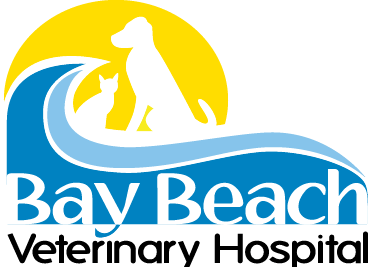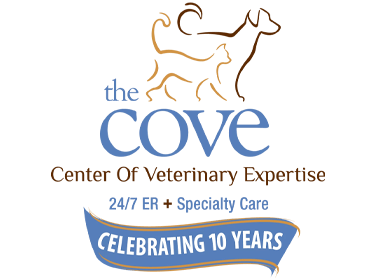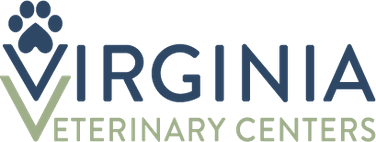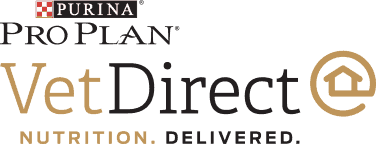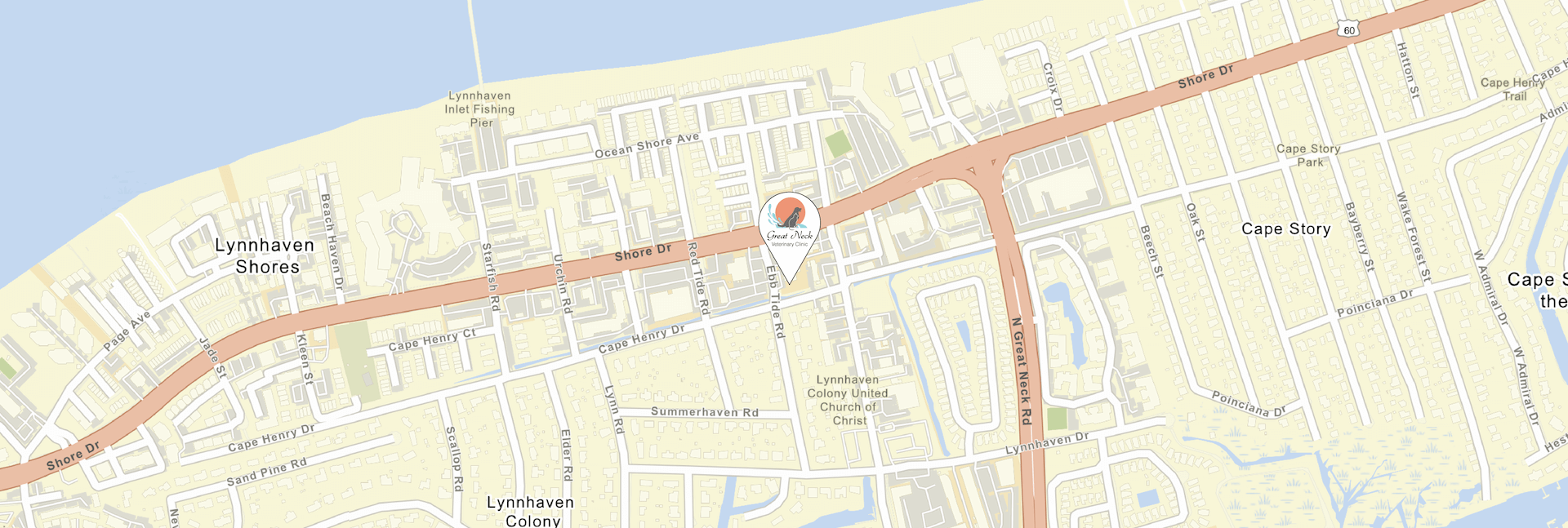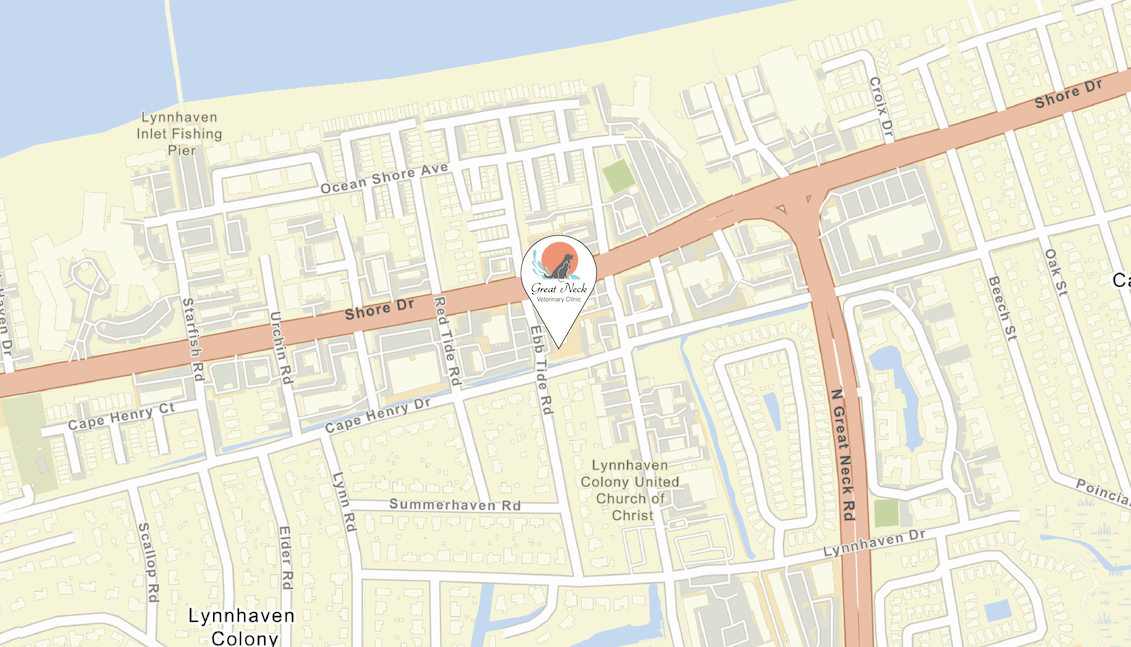Puppy Care

Puppies are without a doubt some of the most adorable things on the planet. Parenting a new puppy, however, is no walk in the park. Here’s a guide to help you care for the new addition to your home & family.
When the time comes to finally bring your new puppy home for the first time, you can pretty much count on three things: unbridled joy, cleaning up your puppy’s accidents, and a major lifestyle adjustment. As you’ll soon learn, a growing puppy needs much more than a food bowl and a doghouse to thrive. And while it may be a lot of work initially, it’s well worth the effort. Establishing good and healthy habits in those first few sleep-deprived weeks will lay the foundation for many dog-years of happiness for you and your puppy.
Get Your Puppy to a Veterinarian ASAP
The first place you and your new puppy should go together is, you guessed it, straight to the vet for a checkup. This first visit will not only help ensure that your puppy is healthy and free of serious health issues and birth defects, but it will help you take the first steps toward a good preventive health routine.
The veterinarians and staff at Great Neck Veterinary Clinic are pet owners, too. They have experienced the joys and challenges of owning and caring for young pets. We won’t be shy about offering advice on how to protect your puppy from hazards in your home, such as toxic and dangerous materials, medications, and choking hazards. Request an appointment online 24/7 or by using our PetDesk app on any mobile device.
Shop for Quality Food
Your puppy’s body is growing in critical ways which is why you’ll need to select a food that’s formulated especially for puppies as opposed to adult dogs. Look for a statement from the Association of American Feed Control Officials (AAFCO) on the packaging to ensure that the food you choose will meet your pup’s nutritional requirements.
Small and medium-sized breeds can make the leap to adult dog food between 9 and 12 months of age. Large breed dogs should stick with puppy kibbles until they reach 2-years-old. Make sure your puppy has fresh and abundant water available at all times.
Feed multiple times a day:
- Age 6-12 weeks – 4 meals per day
- Age 3-6 months – 3 meals per day
- Age 6-12 months – 2 meals per day
Remember, our patients can order food online from VetDirect 24/7 with free shipping! Click here for more information.
Establish a Bathroom Routine
Because puppies don’t take kindly to wearing diapers, housetraining quickly becomes a high priority on most puppy owners’ list of must-learn tricks. According to the experts, your most potent allies in the quest to housetrain your puppy are patience, planning, and plenty of positive reinforcement. In addition, it’s probably not a bad idea to put a carpet-cleaning battle plan in place, because accidents will happen.
Until your puppy has had all of her vaccinations, you’ll want to find a place outdoors that’s inaccessible to other animals. This helps reduce the spread of viruses and disease. Make sure to give lots of positive reinforcement whenever your puppy manages to potty outside and, almost equally important, refrain from punishing her when she has accidents indoors.
Knowing when to take your puppy out is almost as important as giving her praise whenever she does eliminate outdoors. Here’s a list of the most common times to take your puppy out to potty.
- When you wake up.
- Right before bedtime.
- Immediately after your puppy eats or drinks a lot of water.
- When your puppy wakes up from a nap.
- During and after physical activity.
Watch For Early Signs of Illness
For the first few months, puppies are more susceptible to sudden bouts of illnesses that can be serious if not caught in the early stages. If you observe any of the following symptoms in your puppy, it’s time to contact us as soon as possible:
- Lack of appetite
- Poor weight gain
- Vomiting
- Swollen of painful abdomen
- Lethargy (tiredness)
- Diarrhea
- Difficulty breathing
- Wheezing or coughing
- Pale gums
- Swollen, red eyes or eye discharge
- Nasal discharge
- Inability to pass urine or stool
Teach Obedience
By teaching your puppy good manners, you’ll set your puppy up for a life of positive social interaction. In addition, obedience training will help forge a stronger bond between you and your puppy.
Teaching your pup to obey commands such as sit, stay, down, and come will not only impress your friends, but these commands will help keep your dog safe and under control in any potentially hazardous situations. Many puppy owners find that obedience classes are a great way to train both owner and dog. Classes typically begin accepting puppies at age 4 to 6 months.
Tip: Keep it positive. Positive reinforcement, such as small treats, has been proven to be vastly more effective than punishment.
Be Sociable
Just like obedience training, proper socialization during puppyhood helps avoid behavioral problems down the road. At approximately 2 to 4 months of age, most puppies begin to accept other animals, people, places, and experiences. Socialization classes are an excellent way to rack up positive social experiences with your puppy.
